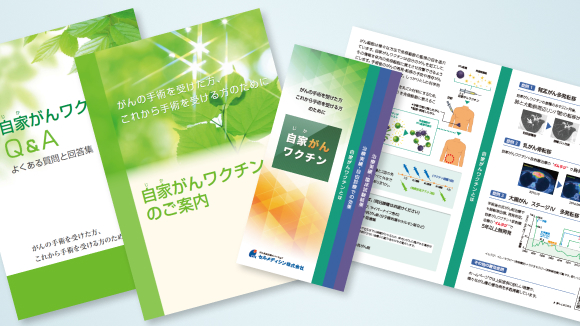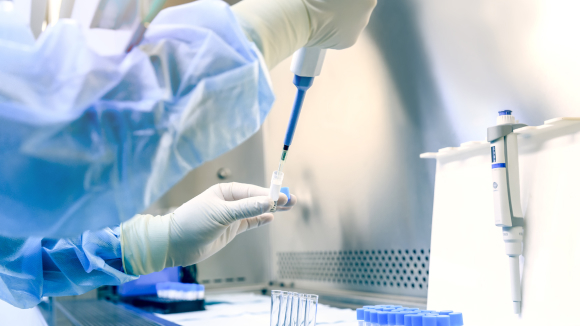Akutagawa K, Miki S, Yamada E, Sakamoto N, Miyazaki T, Sugii N, Zaboronok A, Matsuda M, Ishikawa E. PIK3R2 immunostaining status predicts prognosis in patients with newly diagnosed glioblastoma treated with an autologous tumor vaccine. J Neurooncol. 2025 Jun 12. doi: 10.1007/s11060-025-05102-0. Online ahead of print.
Abstract
Background
Glioblastoma (GBM) is the most common and aggressive primary brain tumor in adults, characterized by high invasiveness and a poor prognosis, with limited treatment options. Our previous study on fractionated radiotherapy, temozolomide, and an autologous formalin-fixed tumor vaccine (AFTV) for newly diagnosed grade 4 astrocytic tumors demonstrated that complete tumor resection and p53 negativity on immunohistochemistry were associated with favorable outcomes. PIK3R2, a key component of the PI3K–Akt signaling pathway, may modulate the host immune response to tumor antigens and influence the efficacy of immunotherapy. In this study, we further investigated whether PIK3R2, a candidate gene identified through gene panel sequencing as potentially associated with prognosis following AFTV treatment, influences patient outcomes after AFTV therapy.
Methods
We analyzed 58 patients with newly diagnosed IDH wildtype GBM or IDH mutant grade 4 astrocytoma (Astro). Among them, 29 received standard treatment combined with AFTV (AFTV group), while 29 underwent standard treatment alone (control group). Immunostaining for PIK3R2 and p53 was performed, and patient characteristics, including age, sex, Karnofsky Performance Status at the time of surgery, and overall survival (OS), were evaluated. PIK3R2 expression levels were classified using a 34% cutoff value.
Results
In the AFTV group, survival analysis based on PIK3R2 status (positive/negative) revealed an increased survival in the PIK3R2-negative group when comparing AFTV and control groups (p = 0.075 in GBM/Astro cases and p = 0.030 in GBM cases). When stratifying patients into four subgroups based on p53 and PIK3R2 status (p53-negative/PIK3R2-negative, p53-positive/PIK3R2-positive, p53-negative/PIK3R2-positive, and p53-positive/PIK3R2-negative), a significant improvement in OS was observed in the p53-negative/PIK3R2-negative group both in GBM/Astro cases and GBM cases. PD-1 demonstrated the strongest correlation with PIK3R2 in the regression analysis.
Conclusion
Negative immunostaining for PIK3R2 as well as negative p53 revealed an increased survival in patients receiving AFTV therapy for GBM. In patients receiving AFTV, these immunostaining results may serve as a predictor of treatment efficacy and overall survival.

























